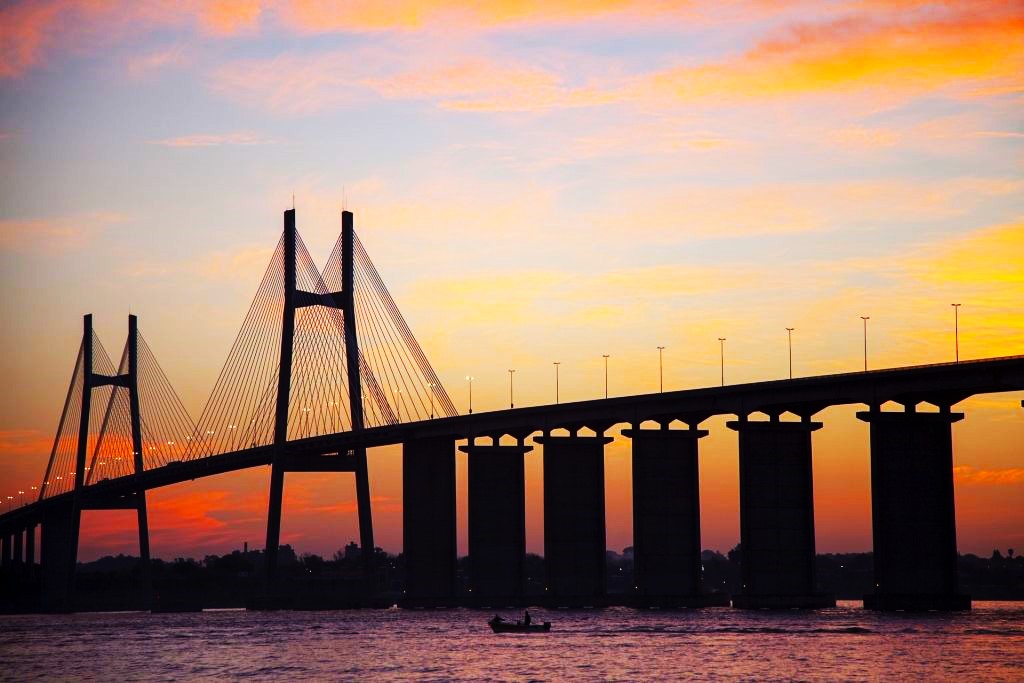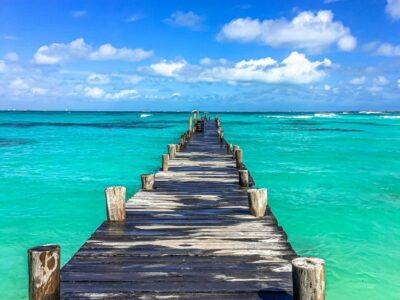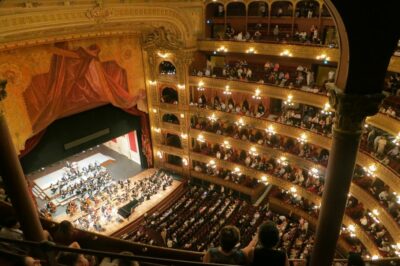Mercosur is at odds
One against all: In Mercosur, the states are at odds with Argentina over water rights on the Río Paraná. With the upcoming elections in the country, it could become even more difficult to find a common position in South America.
by Alexander Busch, Latin America correspondent for Handelsblatt and Neue Zürcher Zeitung
A dispute over tolls on the Río Paraná shows how fragile the political and economic harmony in Mercosur is – at a time when the South American economic community actually wants to show unity in negotiations with the EU.
For example, since January 1, Argentina has imposed a freight charge of $1.47 per ton on all cargo ships passing through the Río Paraná at the level of the river town of Rosário.
Initially, it was mainly the governments of the landlocked countries of Bolivia and Paraguay that protested against the unilaterally imposed toll on the most important waterway in the center of South America. In the meantime, Brazil and Uruguay are also against the river toll.
But despite massive opposition from neighboring states and several crisis meetings in Asunción and Buenos Aires, no agreement is in sight.
As a countermeasure, Paraguay has now stopped supplying electricity to Argentina via the Yacyretá hydropower plant, which is jointly operated on the Río Paraná. Since then, Argentina has been forced to import electricity from Brazil at a higher price.
Argentina justifies the unilaterally levied toll with dredging works, which it would carry out to keep the river navigable. But the government refuses to make the investment figures transparent.
It is unlikely that there will be any movement soon in the muddled situation: Argentina is experiencing a severe economic crisis, its foreign currency coffers are empty – and at the same time a new government will be elected on October 22. Dollar revenues are vital for the government to be able to pay for imports of medicines and electricity, for example.
Argentina does not have a good reputation in the smaller Mercosur countries Uruguay and Paraguay. Its governments are traditionally considered difficult partners there.
From 2007 to 2010, for example, Argentina had the most important bridge connection to Uruguay blocked – by environmental protection movements in protest against a cellulose factory in Uruguay.
Santiago Peña has been in office as president of Paraguay for six weeks. He has already made it clear that he will not resign himself to the role of junior partner in Mercosur alongside the much larger economies of Brazil and Argentina.
If no agreement with the EU is reached by December 6, when Paraguay takes over the Mercosur presidency, he would break off negotiations and start trying with new economic partners in Asia and the Middle East.
But until then, Mercosur could face new potential for conflict. Argentina’s favored presidential candidate Javier Milei thinks little of Mercosur. He would rather look for new trading partners worldwide, he said during the election campaign.






